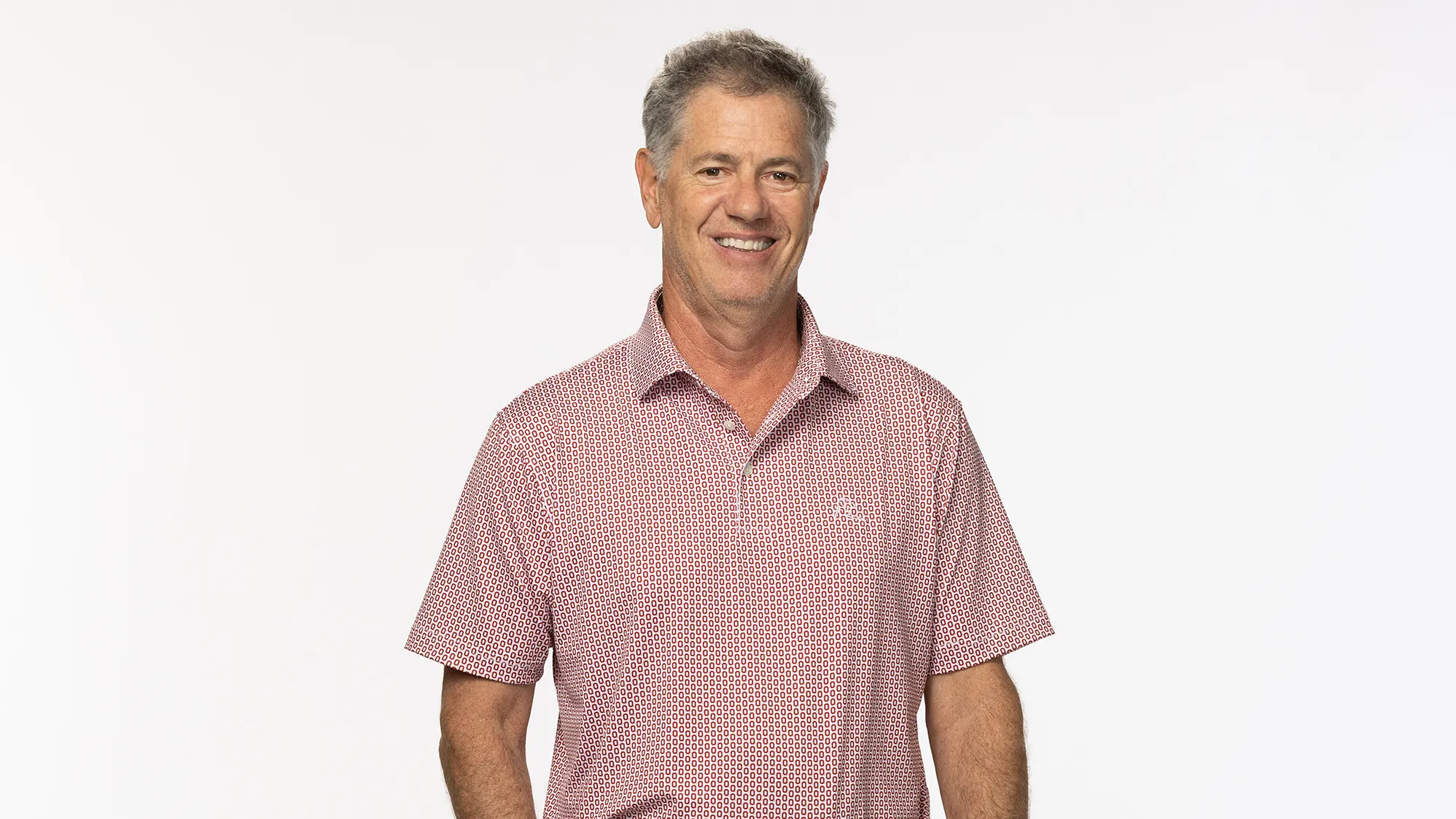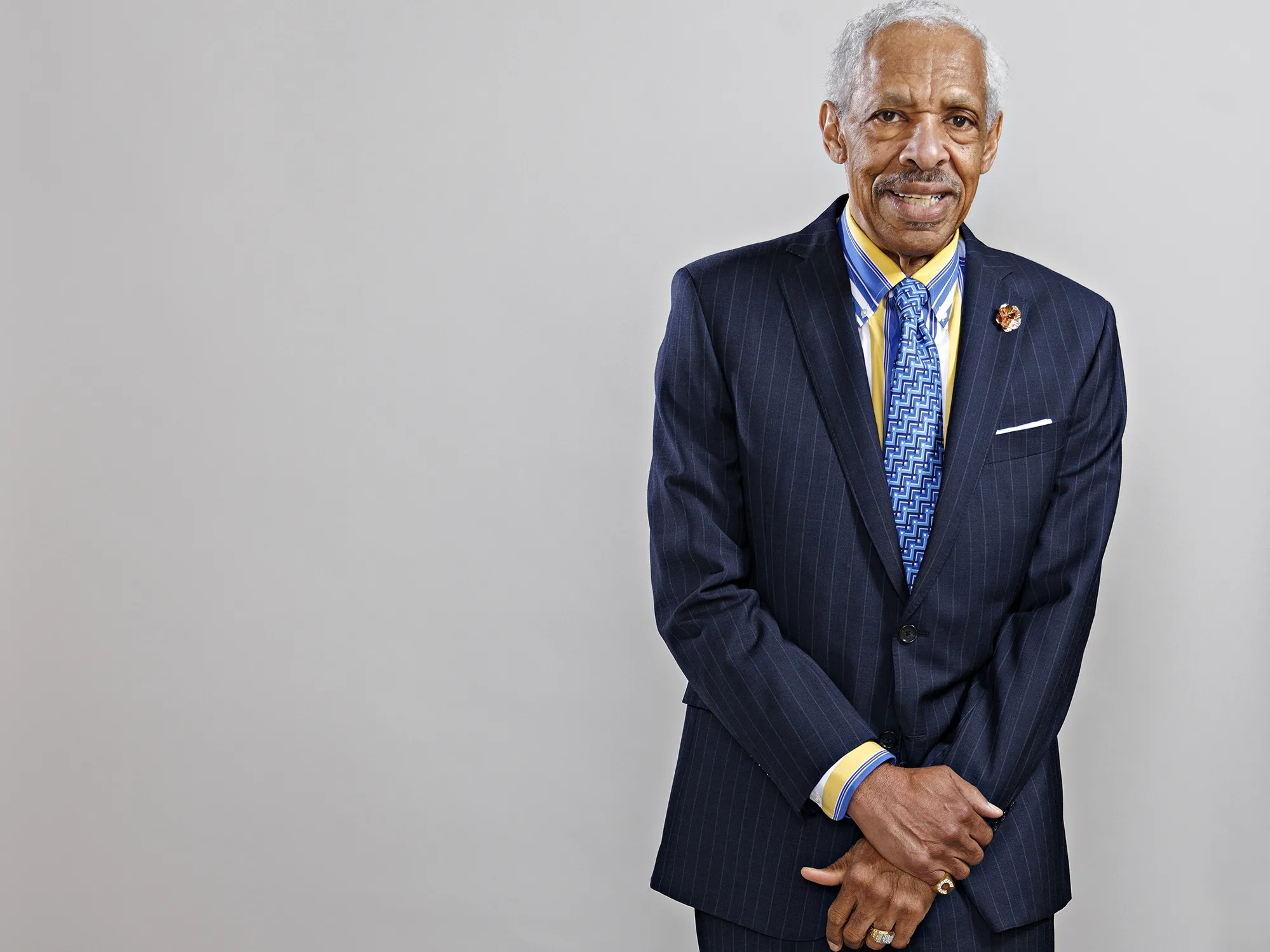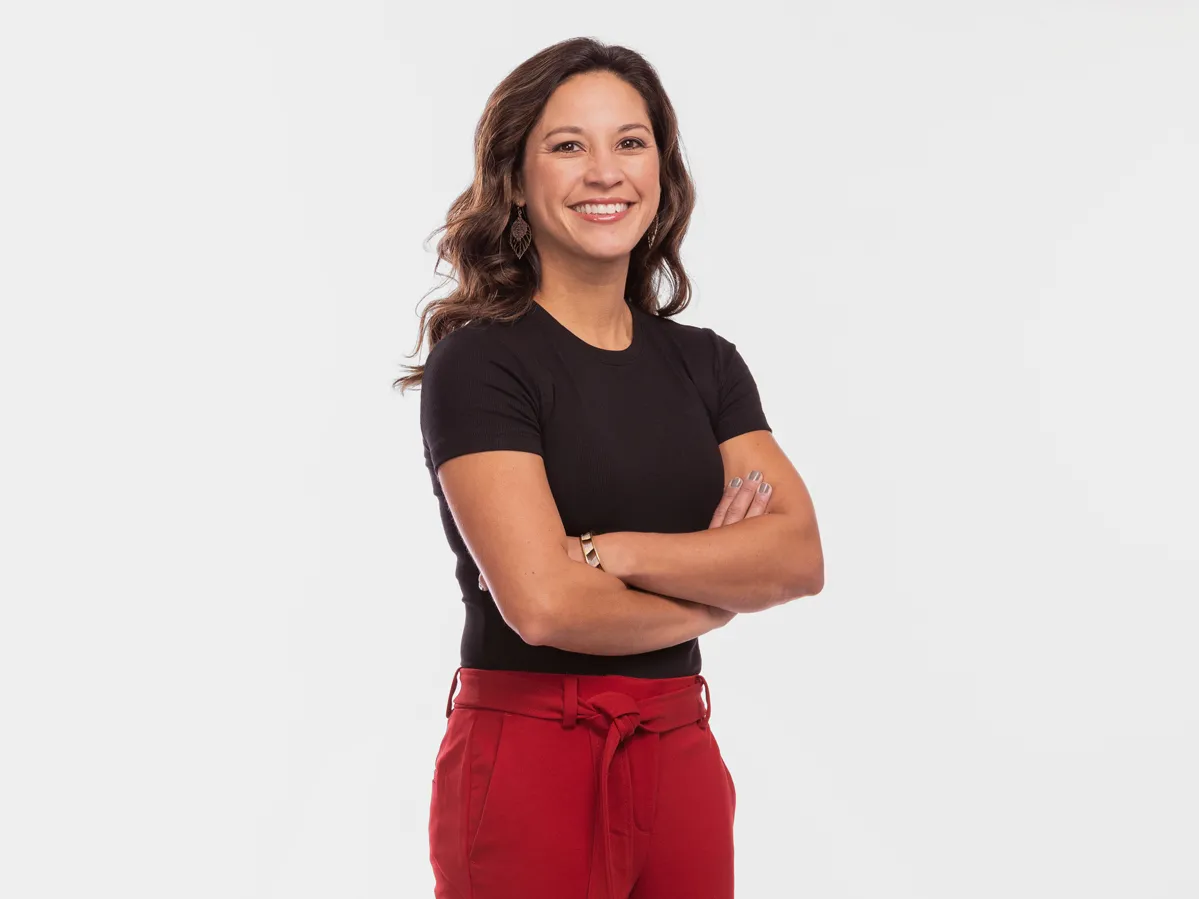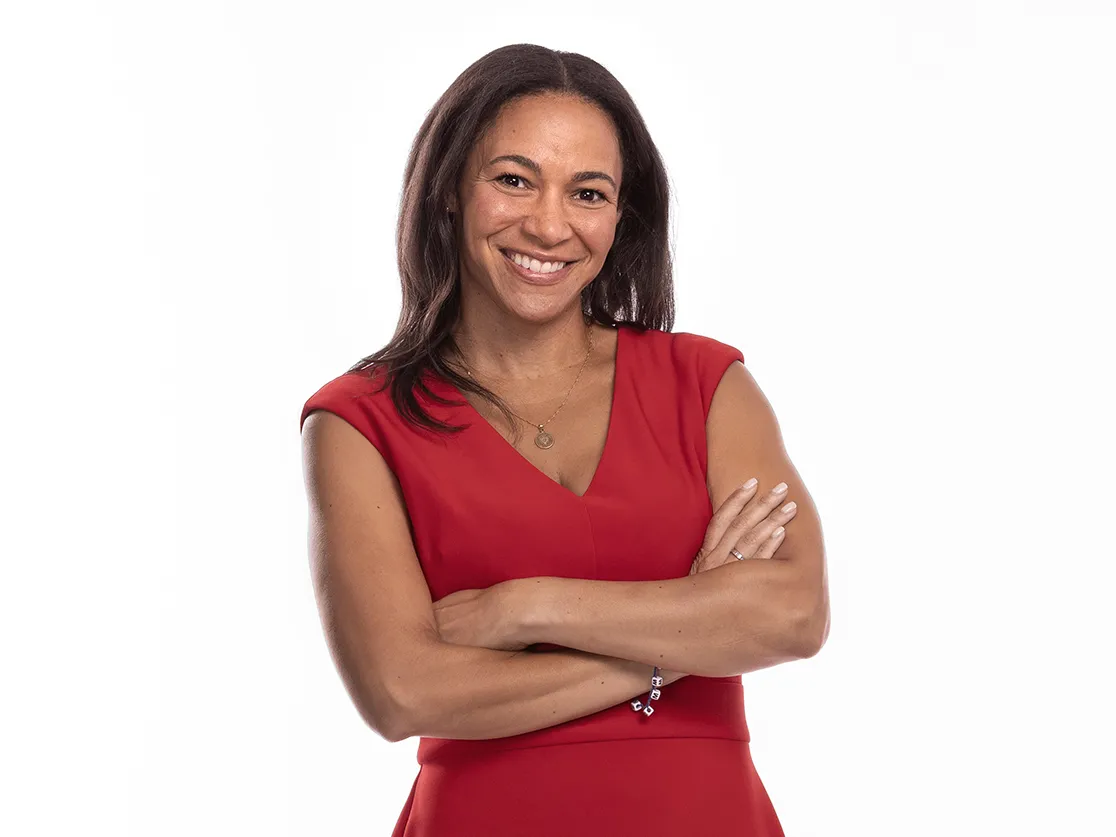This ‘retired’ doctor isn’t done providing care
Joseph Ritchie ’84, ’88 MD, a member of the alumni association board, is devoting the next stage of his life to paying forward.

(Photo by Jodi Miller)
Joseph Ritchie ’84, ’88 MD sees this phase of life as “repurposing rather than retiring.” After an impressive career as an orthopedic surgeon in sports medicine and total joint replacement, he is pursuing new ways to care for others.
A desire to serve is at the heart of how he makes decisions. When he entered Ohio State, he joined the Air Force ROTC to ease his parents’ financial burden and because he was inspired by growing up near Wright-Patterson Air Force Base. After completing a sports medicine fellowship at Cleveland Clinic, he was stationed at Wright-Patt as chief of sports medicine and a consultant to the Air Force National Sports Teams.
The experience motivated him and his wife, Laurie Staples Ritchie ’87, an occupational therapist, to create a need-based scholarship for ROTC and military members or veterans who want to study health sciences or medical fields.
Another way he pays forward: Ritchie serves on the board of Paltown Development Foundation, which empowers cancer patients and caregivers. He took the role only with permission from Laurie, who is undergoing cancer treatment. They continue to focus on what they love most whenever they can: skiing—on the snow in Park City, Utah, or the water at Seabrook Island, South Carolina—and being with family, including their two adult children and, soon, their first grandchild.
-
When did you know you wanted to be a doctor?
I was 8 years old. I had increasing abdominal pain and was in and out of the hospital. CTs or MRIs weren’t available at the time, and they did X-rays, but the doctors couldn’t figure it out. Finally, a pediatric surgeon told me he would have to do exploratory surgery. I remember waking up with a tube in my nose and learning my intestines had been in knots, but I was going to be fine. It took a while to heal—I couldn’t play baseball for six weeks. As I got better, I realized I wanted to be a doctor and fix people. This passion and interest in science stayed with me throughout school. Later, I volunteered as a hospital orderly, which includes changing bedpans and is a hands-on way to take care of people. Doctors should be OK with every part of the human condition.
-
Who has influenced you most?
The best lesson I learned about dealing with people as a physician didn’t come from medical school—it came from my mom. She told me to remember every patient is somebody’s loved one. Never become insensitive and impersonal.
Throughout my residency and early in my orthopedic career, Dr. R. Marvin Royster was the surgeon and person I wanted to be with patients. He’s actually in my book, Anonymous Heroes, which I published in 2020. It’s fiction, and as I was making up names for these courageous characters, I decided to use names of friends I admire.
-
How have you influenced others?
At the first hospital I worked in, medical students and family-practice and orthopedic residents rotated with me. I always enjoy teaching, but mostly I wanted to impress on them, before skills, how you should treat people kindly. That said, I was also able to give future primary care doctors some orthopedic skills, including training them to do joint injections. A few months ago, I heard from one of the first residents, sending his appreciation. It’s rewarding.
Once, I was approached by a young man I didn’t at first recognize, who hugged and thanked me for fixing his ACL years before. He had played football for one of the high schools where I volunteered. At that time, I was working at a surgery center I helped start, along with other physicians. Being physician-owned, we had the ability to make care better and cheaper for patients, and we were able to accept some patients, like this young man, who didn’t have insurance.
-
How was life at Ohio State for you?
With my ROTC scholarship, in my sophomore year, if I kept a GPA over 3.65, the Air Force would pay for medical school. I studied more than anyone I knew. My close friends were from Morrill Tower suite 800—we still have annual reunions, ROTC, my major and my fraternity. All of them were supportive: “Dr. Joe is studying. Maybe he’ll come meet us on High Street later.” I tell prospective students, Ohio State is huge; you have to get involved and make it small.
-
What do you enjoy about being on the board?
Serving on the board isn’t about reliving old memories—it’s about making new ones. I have really liked working on the Alumni Awards committee. It’s impressive and humbling to see what nominees have done. Last year, I contacted many of our honorees. You create a ruse to get them on the call, and it’s great to surprise them with this good news. One of my favorites was a couple, Ted and Marlene ’86, ’87 Temple, who led the Ohio State Marion Alumni Club for 30 years. They couldn’t believe it, and their love for Ohio State was so strong. Another, Donald Staffo ’78 PhD, was an educator and longtime sportswriter who had so many good stories. Hearing their excitement and learning about their experiences are just pure joy.


